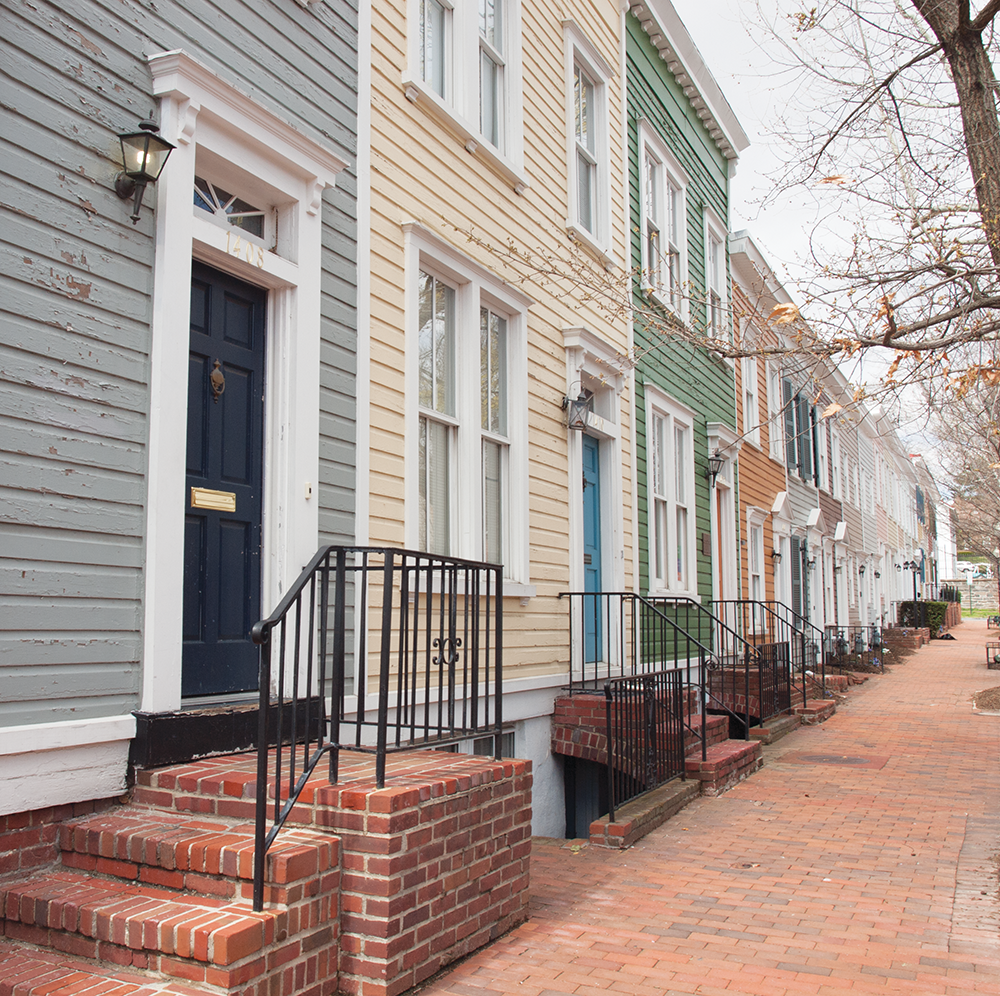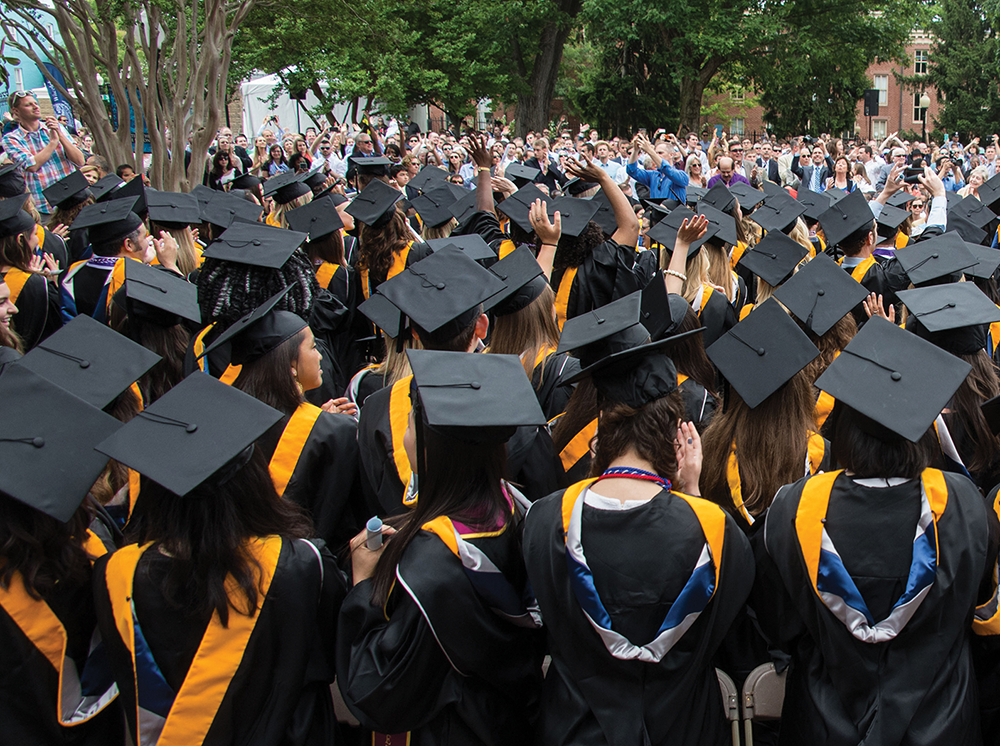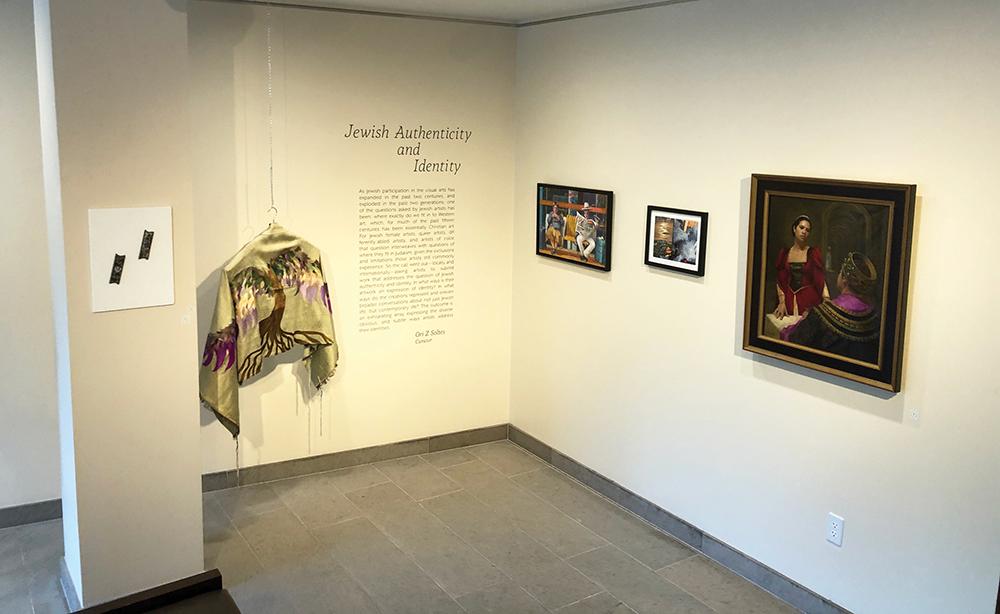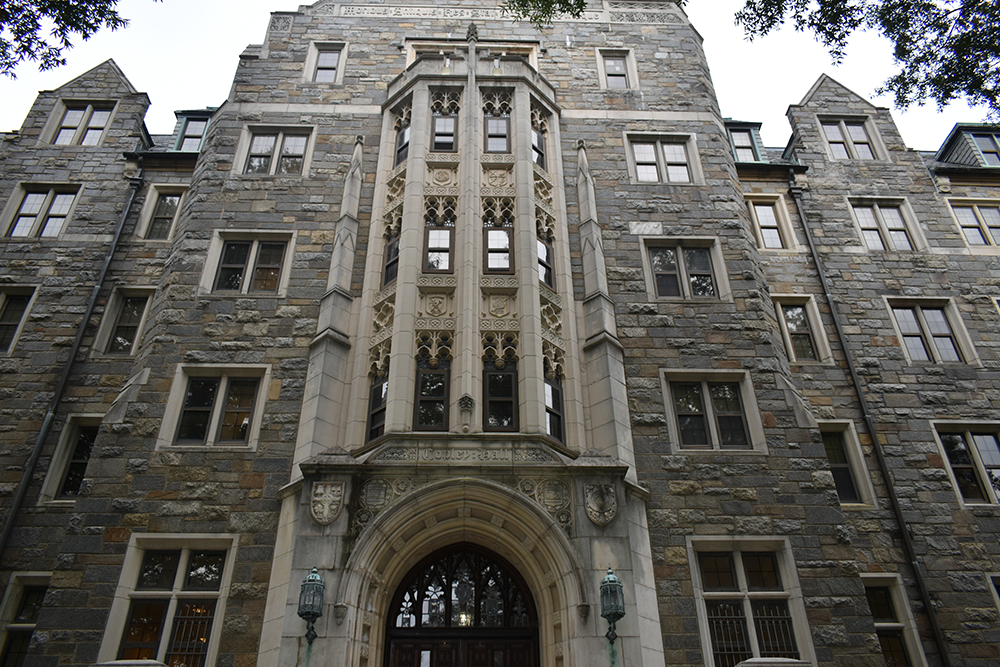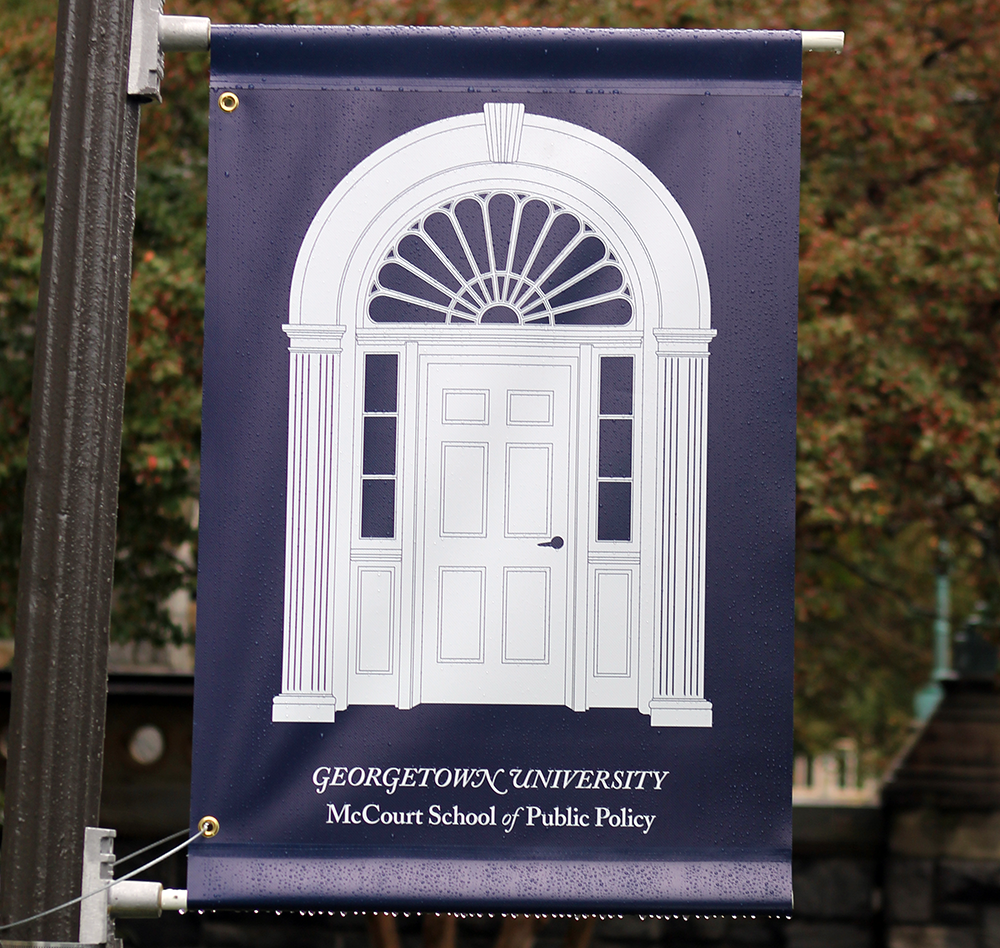The Georgetown University Student Association Senate unanimously passed resolutions voicing support for student advocates around the COVID-19 pandemic and Residential Hall Office workers at its first meeting since the university shifted to online learning.
Heeding warnings from public health officials, Georgetown has effectively shut down its campus in an effort to contain the spread of COVID-19. Since the transition to online courses on March 11, student advocates have been pushing the administration for greater academic and logistical accommodations for students.

One of the GUSA resolutions that passed March 22 expresses support for Hoyas for COVID-19 Response, a student-run group monitoring Georgetown’s response to the pandemic. The organization previously released a formal letter addressed to the administration with their demands March 14. The letter, which called for an extended spring break, emergency financial subsidies and continued work-study payments, received 370 student signatures.
The organizer of the group, Shirley Tang (COL ’22), has been on phone calls with the administration and said that the university has been willing to support student advocates.
“The admin has been extremely responsive to our demands and they addressed all the concerns that they are able to,” Tang said in a phone interview with The Hoya.
Senator Eric Bazail-Eimil (SFS ’23), who introduced the bill in support of Hoyas for COVID-19 Response via Zoom, also acknowledged progress made by the administration but pressed for continued action.
“I’ve kept in close touch with many of the advocates doing the organizing work and I’ve followed developments thus far,” Bazail-Eimil (SFS ’23) wrote in an email to The Hoya. “The University has acknowledged and made efforts towards resolving most of the issues they’ve raised, including on issues like refunds, storage, parking, etc. However, more work still needs to be done to ensure follow-through by the University.”
Students and GUSA members have also been pushing for timely housing refunds, according to GUSA Vice President Bryce Badger (MSB ’21), a student leader in advocacy efforts. However, the administration has run into complications regarding financial aid and resident assistant compensation.
“Right now, the hold up is that everyone’s different financial aid packages are causing the university to have a different way of processing how the refunds are going to take place for each person,” Badger said. “We’re also working with RAs because we’re trying to figure out exactly how that refund is going to work for them, or if they’re getting one at all, so we’re trying to advocate for them as well.”
The university has collaborated closely with student advocates to improve Georgetown’s response to the crisis, according to a university spokesperson.
“University leadership has met with GUSA and Hoyas for COVID-19 Response group leaders on several occasions, and has worked to address their concerns,” the spokesperson wrote in an email to The Hoya. “Guidance from national and local health agencies, as well as public health experts, has provided important direction on the actions necessary to address the continued transmission of the disease, and to protect, to the best of our ability, the most vulnerable members of our community.”
The GUSA executive also recently advocated for the introduction of a “double A” grading system, circulating a petition on its Twitter page. Under a “double A” system all students would receive either an A or an A- for their final semester grade. Advocates argue that the current reformed system, in which students can opt to take their classes pass/fail, disadvantages students who encounter academic obstacles during the pandemic.
In another motion of solidarity with student activists, the senate unanimously passed a second resolution at their meeting in response to the university’s decision to consolidate RHO offices. The university announced March 5 that it would be replacing dorm-based RHO offices with a unified, smart-locker system. Student RHO workers have criticized the move for slashing campus jobs and undermining residential communities. A petition calling for a reversal of the decision has garnered nearly 300 signatures.
The university’s decision, which was allegedly made without consulting student workers, was rude and dismissive, according to Kennedy Hall RHO Assistant Manager Zaki Thabet (SFS ’21), who worked with Senator Daniella Sanchez (COL ’22) on the resolution.
“This decision was made without consulting the RHO management team and it was made – basically the way that they announced it, I found it, and a lot of my co-workers found it, disrespectful because it was like they were trying to pass it off and slide it on by while we were all getting ready to go on spring break,” Thabet said at the meeting. “Daniella and I worked together on this resolution. It’s basically asking the university not to go through with this.”
Bill Huff, the university director of residential services, has not responded to a request for comment.
Sanchez, who introduced the resolution, also said that the university’s current status in dealing with COVID-19 should not distract from the issue regarding the future of the RHO.
“We just need the administration to take their leadership seriously because they haven’t,” Sanchez said at the meeting. “This is a real issue that was happening right before spring break – so right before everything got crazy. And we don’t want this to die out because their jobs are still on the line.”








